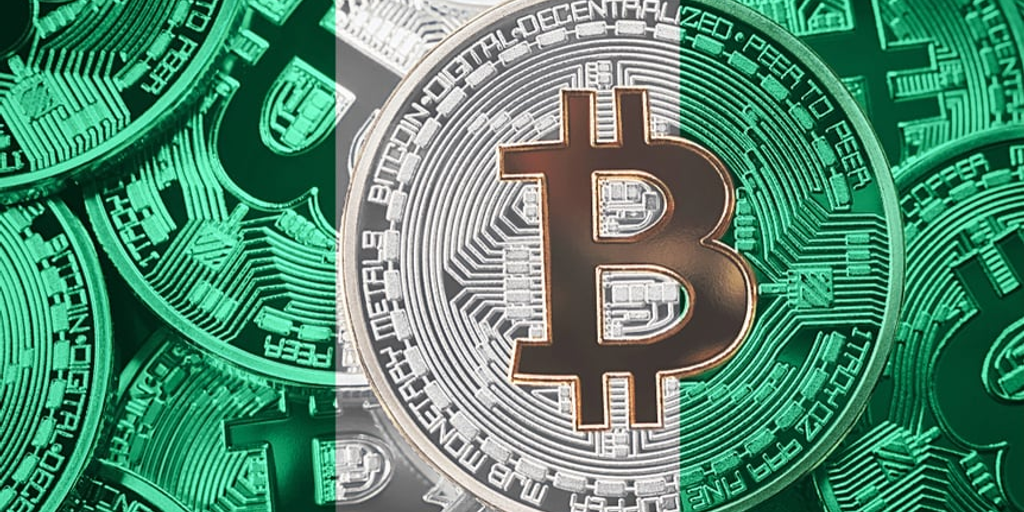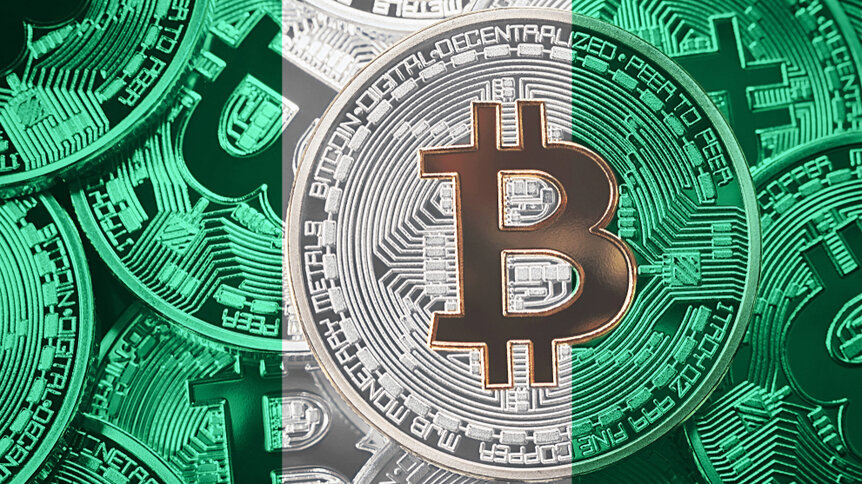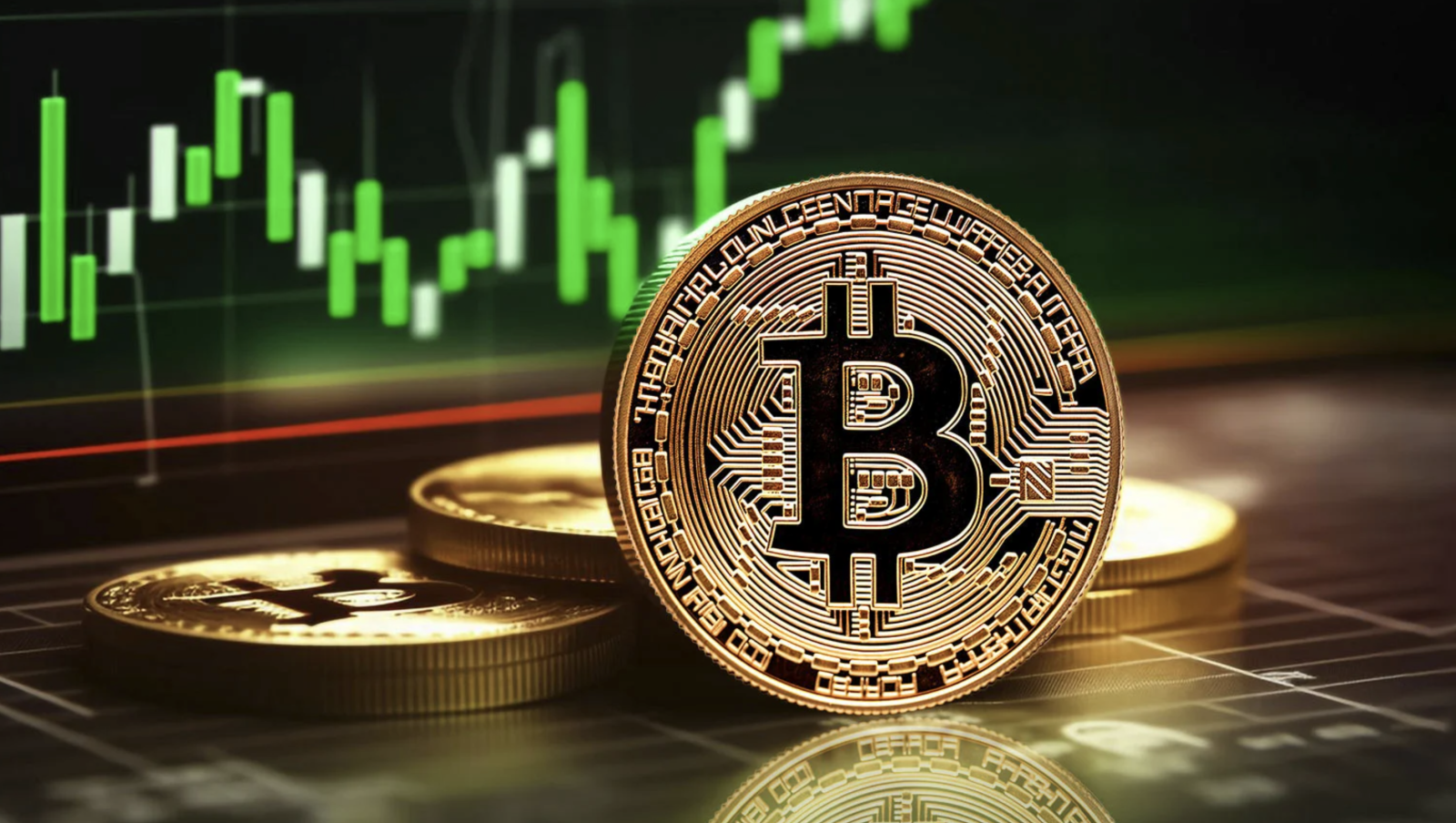
African crypto platform Quidax announced Tuesday that it is the first in Nigeria to receive a provisional operating license as a digital assets exchange from national regulators.
It’s a significant step in the direction of crypto acceptance from the government, where both the Nigerian SEC and central bank have a history of hostility toward the industry.
“The granting of the crypto exchange license shows that the government is open to innovation and aims to build trust in the budding crypto ecosystem,” Quidax co-founder and CEO Buchi Okoro told Decrypt.
Okoro said that the SEC’s latest action isn’t so much a “shift” in regulatory outlook, but instead a “result of years of collaborative effort that takes time to ensure the resources are put in place to ensure compliance.”
In late June, the SEC gave local “virtual asset service providers” 30 days to re-register their businesses with the agency amid the threat of enforcement action. The new registration aimed to amend Nigeria’s crypto regulations and bring proper oversight to the industry.
Just last week, Nigerian SEC Chief Emomotimi Agama teased in an interview that licenses were coming “sooner than you think.”
With the license, Quidax can now collaborate with banks and other financial institutions with the approval of the Central Bank of Nigeria. The central bank barred banks from enabling crypto transfers in 2022, but lifted that restriction in December 2023.
Still, relations between the crypto and the SEC remain tense. In a June 2023 circular, the agency warned Nigerians to be “wary of investing in crypto assets,” which it deemed “extremely risky” and potentially resulting in “total loss of their investment.”
The government has also attacked Binance—the world’s largest crypto exchange—on accusations of facilitating market manipulation and manipulating the foreign exchange rate of the naira (NGN). The Nigerian government reportedly began restricting internet access to crypto exchanges in February, and Binance discontinued all deposit and withdrawal support for the NGN in early March.
Nigeria has also detained senior Binance executive Tigran Gambaryan for months, who his family says is “suffering immensely” in prison. Authorities say that he and Binance are guilty of financial misconduct, but the executive’s legal defense says his detention is merely a scapegoat for a broader crackdown on crypto firms across the country.
Earlier Tuesday, Binance CEO Richard Teng called for U.S. intervention in freeing Gambaryan ahead of his upcoming trial.
“Crypto acceptance is a journey, and the SEC has spent the last few years collaborating with industry players to develop guidelines that will ensure security and safety for all stakeholders,” Okoro said.
Others are pushing to open the door wider. On August 8, Bitcoin advocate James Otudor sued the government for clamping down on Nigerians’ rights to acquire, own, and trade digital assets.
“The lawsuit seeks immediate removal of the block on all crypto exchange online platforms, ensuring unrestricted access for all Nigerians,” Otudor said on Twitter.
Edited by Andrew Hayward and Ryan Ozawa
Daily Debrief Newsletter
Start every day with the top news stories right now, plus original features, a podcast, videos and more.










